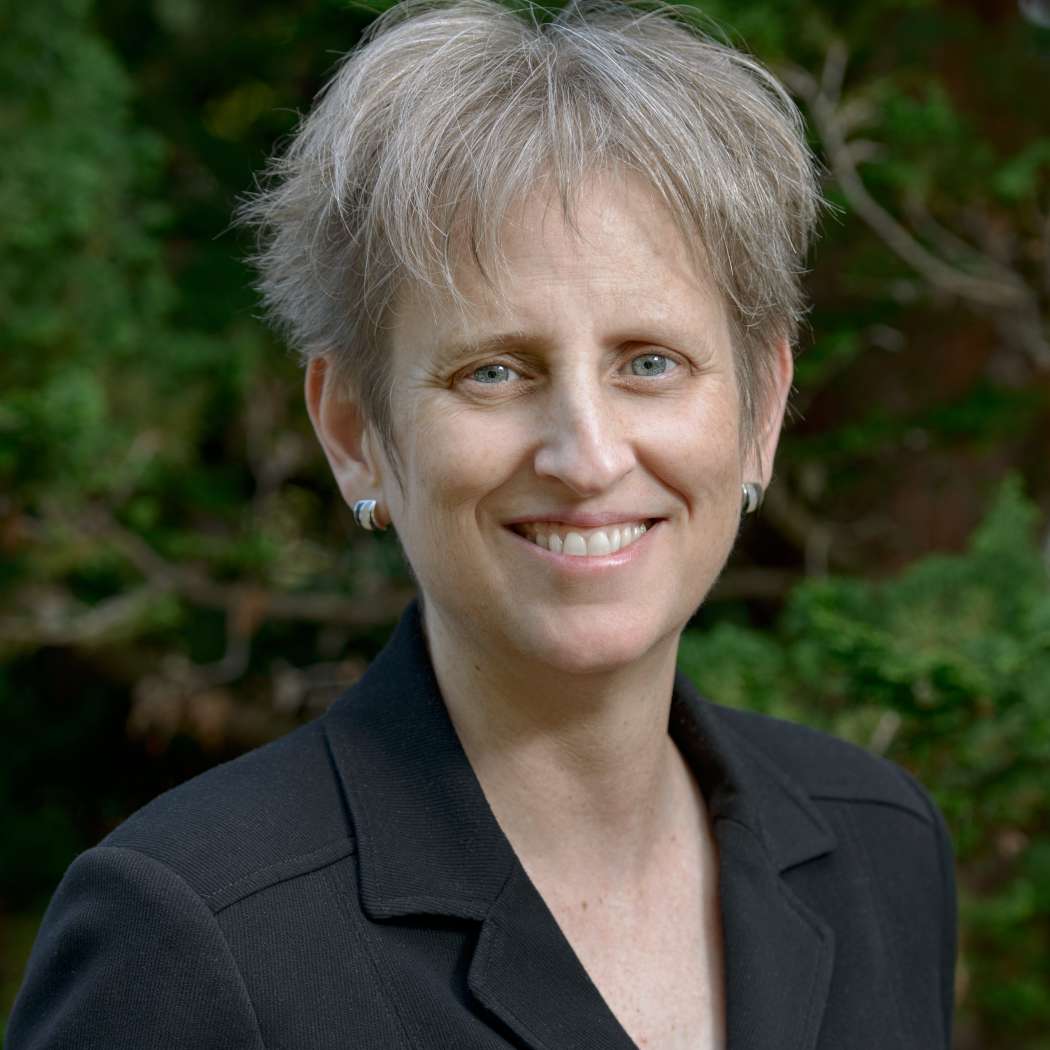Blog Post
Democracy Lens on 2021 Oregon Legislature
✅ GOOD BILLS PASSED:
- Stopping Voter Disinformation (HB 2323) – Prohibits voter disinformation intended to mislead people about the time, place or manner of voting.
- Reducing Cost Barrier to Participation (HB 2992) – Offsets cost for public participation on government boards and commissions by making available per diem compensation.
- Extending Return Ballot Deadline (HB 3291) – Extends the deadline for ballots so that mailed ballots postmarked (rather than received) by Election Day are counted.
- Involving Impacted Perspectives (HB 2993) – Requires that those impacted be included in an advisory role during implementation of legislation,
- Providing Multilingual Election Materials (HB 3021) – Ensures translated election materials in the 5 most common languages spoken by Oregonians who are not native English speakers.
- Providing Legislative Interpretation & Translation (HB 5106) – Allocates money in a broader budget bill for two staff positions dedicated to interpretation & translation services for non-native English speakers navigating the legislative process.
- Calling for Reparations for African Americans (SJM 4) – Urges Congress to enact legislation to begin the process of reparations for Black Americans based on slavery and discrimination.
- Reviving Civics Education (SB 513) – Adds civics education to Oregon’s core high school curriculum.
✅ BAD BILLS STOPPED:
- Flawed Campaign Contribution Limits (HB 2680) – Would have set limits on campaign contributions, but with big loopholes undermining the bill’s effectiveness.
- Urging Federal Article V Convention (HJM 4) – Would have moved the nation one state closer to taking extreme action of last resort, that of enacting a constitutional convention to reconsider our federal constitution.
WORK LEFT UNDONE:
- Legislating with an Equity Lens (HB 2921 & HB 2353) – Would have required the legislature to consider racial impacts of bills as a regular part of lawmaking.
- Protecting Voting Rights of Incarcerated Oregonians (SB 471) – Would have protected Oregonians’ right to vote while incarcerated.
- Expanding Automatic Voter Registration (HB 2499) – Would have begun to expand Oregon’s model AVR program of convenient and efficient voter registration to reach people through other public agencies beyond the Department of Motor Vehicles.
- Allowing Same Day Voter Registration (HJR 11) – Would have referred to Oregon voters a ballot measure to decide on allowing Oregonians to register and vote up to the day of an election.
- Allowing Ranked Choice Voting (SB 791, SB 343, HB 2678, HB 2685, HB 2686) – Would have allowed for Ranked Choice Voting for some Oregon elections.
- Modifying Quorum (SJR 4) – Would have proposed amendment to Oregon Constitution to modify attendance needed for quorum necessary to conduct business.
- Enacting an Independent Redistricting Process (HJR7) – Would have taken the highly politicized process of drawing political district lines out of the hands of the legislature – where there’s an inherent conflict of interest – and moved to an independent commission model, with rules protecting participation and transparency.
THE BIG FAILURE… NO CAMPAIGN FINANCE REFORM
Last November, voters passed Measure 107, Fair & Honest Elections, by a 4-1 margin, making clear we want the state to regulate campaign finance. Sen. Jeff Golden, Rep. Andrea Salinas, and Rep. Dan Rayfield offered these bills for the three key reforms needed, and Common Cause and our allies organized thousands of calls and emails to legislators and dozens of meetings with them. But the legislature failed to deliver.
- Limiting Campaign Contributions (HB 3343 or SB 336) – Would have set an upper limit on how much any one individual or entity can spend to influence Oregon elections and elected representatives.
- Strengthening Transparency (SB 870) – Would have exposed hidden money funding political ads so that voters know who is trying to influence them.
- Matching Small-Dollar Contributions (HB 2680-12) – Would have matched small contributions, amplifying their impact so that every voice matters and so that candidates are able to run for office without relying on big money.
THE WORK AHEAD
There’s much to celebrate this session. And we should. And yet, we’ve still got work ahead to realize democracy’s unfinished promise.
Here in Oregon, our lawmakers are not fully reflective of or responsive to all Oregonians. Only 1 in 8 state legislators are Black, Indigenous, Latinx, Asian or multiracial, and only 1 in 4 state senators are women. Meanwhile, money plays an enormous role in our elections and politics, with more corporate campaign spending per voter than in any other state, and with the biggest spenders seemingly having more influence than voters on the legislative process.
We should not settle for a few seats at a broken table, or for token advances. Now is the time to repair and reform historic and fundamental inequities in our democracy.
The 2021 legislature had a clear mandate to repair Oregon’s broken campaign finance system. Voters had called on them to do this for years. And last November, over 2/3rds of voters in every single county voted yes for Ballot Measure 107, providing clear authority to do so. Voters are more than ready to rein in money’s influence, and some legislators worked hard this session for the reforms we need. But ultimately, the 2021 legislature failed to deliver.
And so now it’s on us. Democracy’s power comes from the people – if and when we choose to use it. We can push our legislators to pass good reform early next year or let voters do it on next year’s November ballot.
It’s time for all of us to decide what we’re ready to fight for.
